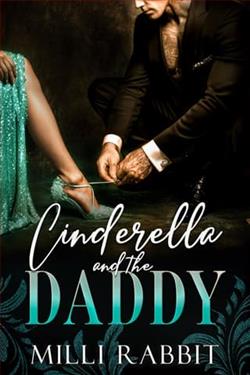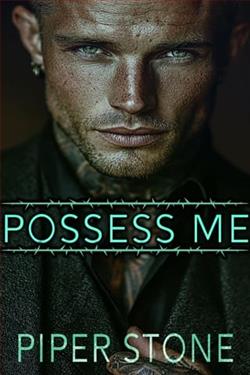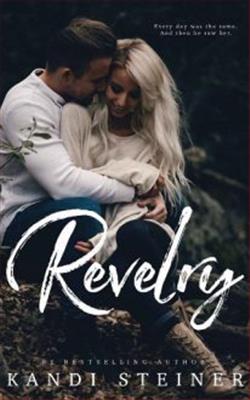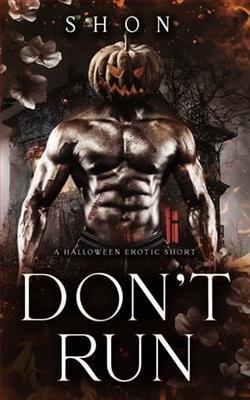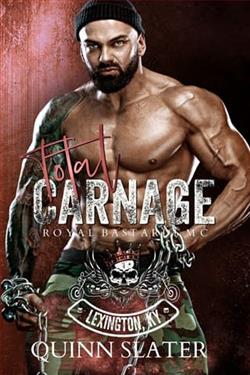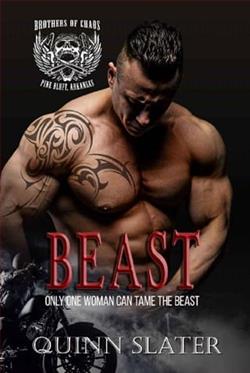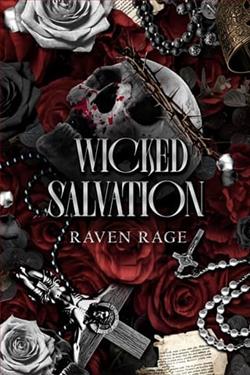Page 4 of The Wicked Lies of Habren Faire
(A TITHE)
No one comes to call on our two-up, two-down terraced house, though it sits squat on the edge of the village. We’re an eyesore now. It was our father who organized the riot, and though plenty of men believed in his cause and helped rally the town, the consequences have been laid at our door.
Night descends. Ceridwen is abed already and Gran dozes by the fire in the next room as I pad barefoot through the kitchen in my nightgown.
Even I think I’m daft as I pour milk into the chipped saucer; just as daft as everyone says. Silly Sabrina, the Mad Parry Girl. I’m Sabrina Parry, and I leave milk out for the fairies though I’m sixteen.
Yes, I know.
We call them the tylwyth teg here.
It means “fair family.” Dad used to tell us stories of them as if they were mad uncles from up the road, and Mam spoke like her dearest friend had been some fairy princess dancing up a mountain. Only Gran doesn’t care for the tales. She’d shush Dad when he started, saying that he’d scare us, though he never did. The teg lived among us, given life by our wagging tongues, but they never cared for their human kin or showed their faces at dinner. And yet, a part of me never stopped hoping they would.
I shoulder the back door open and twitch slightly, sloshing milkover my nightgown sleeve, and curse. That’ll sour to a sad little smell overnight.
The stone of my measly garden is cold against the soles of my feet, and wind whistles down the hill—out of the woods and over our stunted wall to dance with my white nightgown. I shiver and leave the saucer in the same place it has always been, just beside the door. Some mornings I find it empty; more often it’s unchanged.
I don’t think it’s fairies, I promise. I really don’t, but something does crawl out of the trees at night and drink the milk, and I hardly think it’s the neighbors’ boy or the pampered kitten from the big house—do you?
I wrap my arms around myself, staring at the sheets we pegged up yesterday. They’ve been rained on and left flapping like flags of surrender. Beyond them lie the woods.
They’re distant and dark, a vast wall. Stars shine above the tree peaks, brighter there than here, and when the wind that has whipped through the boughs comes to call at my door, it smells like faraway and clean and nowhere at all.
Two forests border my town. One keeps us away from the Branshaws, who live up at the big house and own the town, the mines and the farms and just about everything a person can. The other forest belongs to no one, no matter how hard people like the Branshaws try to claim it, to box it in with railroads and dig it up with mines. People can hunt free and play among the trees, but no one does; the forest has a habit of swallowing people whole and rarely does it spit them back out. No one returns from the woods unless the trees choose to give them up, and there are certainly no corpses to be found.
I’ll give you three guesses as to which forest looks over my house.
“Were you leaving milk for the tylwyth teg?” Ceridwen asks as I enter our room.
“You know I was.”
I retrieve our brush from the cabinet and cross over to our bed, where Ceridwen already sits, blankets bunching about her waist, and hand it to her. She tucks a lock of my hair behind my ear, and I catch a glimpse of a new ring on her finger. It is battered and rather dull, with a blue stone hammered into the center of its gray band. Bitterness coils low in my belly, even as I insist I wouldn’t want a ring like that anyway. Perhaps she has another boy in town making moon eyes at her. If so, she should marry him. Quickly.
Women alone in the world are vulnerable, and there are three of us. I’d have more luck catching fish with my bare hands than a decent husband and besides, I’m the only person in the family who can work. If Ceridwen marries, that’s one less mouth to feed. If she’s really smart about it she might even find a man who can help us. She’s sickly, not dying—it’s never put the boys off, and I certainly don’t care if she passes the disease to her husband. In an ideal world, this man would die before my sister anyway, and we could take his money.
I sit and we move until she is behind me. Ceridwen runs the bristles over my blonde curls, parting the thicket gently. It’s not as vibrant as hers, but it is my one beauty—tended to with the utmost care by my mam and, now, Ceridwen.
“They must be saving up something wonderful for you after all your years of service.” Ceridwen sighs. “I thought I heard acyhyraethwailing in the wood the night they came for Dad.”
I shiver at the idea of a cyhyraeth—a hag that shrieks to warn of death—lurking near our house. With our family’s luck a cyhyraeth might as well set up camp in our garden.
“Have you cried yet?” Ceridwen asks when the brush is laid aside.
“No. I don’t want to.”
“Tell me a story,” she says. “One of your fairy tales.”
My hand twitches on the blanket. Sometimes I repeat Dad’sstories like prayers, sometimes I make my own. Ceridwen enjoys both.
I roll my shoulders, turn to face her and fix her with a performer’s smile that I know doesn’t reach my eyes. “Have you heard the tale of the Lady of the Well?”
“Maybe.” She reclines against the pillows. “You tell so many tales. But I’ll hear it again; no one tells a story like you.”
I wonder if she knows why I’m picking this story, if she remembers its moral. As with everything, I’m bringing it up for a reason.
I shuffle down the bed until I’m perched at the end. I rise onto my knees, tossing my hair back like this is a stage and I’m some great actress. Perhaps I am—by Llanadwen’s standards, anyway.
“King Arthur sleeps, but his castle does not,” I begin. “Three knights gather outside his chambers, around a dimming fire, and as the embers burn low and start to die, though their eyelids grow heavy, they know they cannot sleep. They’re on guard after all, and duty remains. So they tell stories. Brave Cynon tells of a castle where a dark warden and twenty-four beautiful women live, half asleep, ever the same as time races on around them. Cynon says it was youthful folly that sent him to challenge the warden—a folly that earned him the great scar on his cheek. But while the youngest knight, Owain, listens, he does not understand.”








